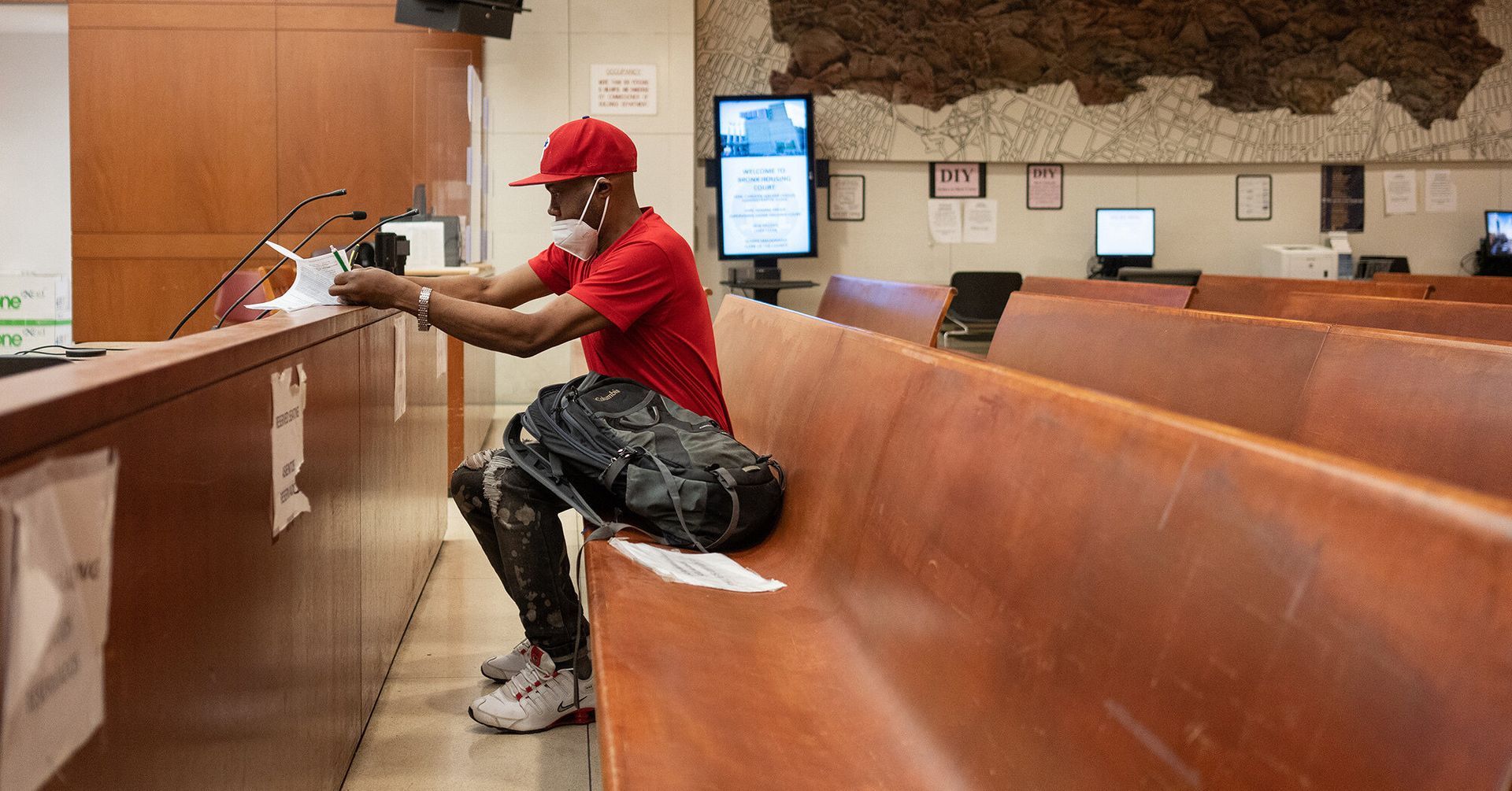Lack of Representation Despite Guaranteed Right to An Attorney
Gideon v. Wainwright case recognized right to counsel in 1963 but lacked guarantees

40 years ago, the US Supreme Court first recognized a constitutional right to counsel in 1963 in its landmark ruling in Gideon v. Wainwright. However, the justices did not require states to provide any particular remedy or procedure to guarantee that indigent defendants could fully exercise that right. They left the details to the states and, predictably, some states took the guidance more seriously than others.
Many criminal defendants are accused of relatively minor crimes that don’t trigger a right to counsel. Other suspects are accused of serious crimes in jurisdictions that have such poor indigent defense systems that the legal representation afforded them is ineffective or even worthless due to underfunding and lack of support from legislators.
If you live in a large city, you probably don’t worry much about finding a lawyer, should you ever need one. Whether you can afford that lawyer is another matter, but they are available. In much of rural America, the situation looks vastly different. Earlier this month, the Denver Post reported that 23 of Colorado’s 64 counties now fall into the category of “legal deserts”: mostly rural places where there is fewer than one attorney per 1,000 people. It’s hardly just a Colorado problem, said Pamela Metzger, director of the Deason Criminal Justice Reform Center at Southern Methodist University. Metzger states that attorneys in rural areas skew much older than those in cities and are retiring at a much faster pace than they are being replaced, citing research on legal deserts in Texas.
On top of the simple lack of defense attorneys, another prohibitive barrier is cost. By some estimates, 80% of criminal defendants can’t afford a lawyer, which then requires defendants to turn to public defender officers, where they arrive at another roadblock; lack of qualified bodies to staff those offices. Over the last decade, the American Bar Association has developed evidence-based, state-specific workload standards for public defenders in Colorado, Indiana, Missouri, Louisiana, Rhode Island, New Mexico and Oregon which, if followed, would require most offices to double in size.
Our collective indifference toward the right to counsel in our criminal courts undoubtedly has a lot to do with the perception that poor people are to blame for their poverty and that people accused of crimes are probably guilty. Add to that the overrepresentation of people of color in our criminal courts, as Black men are about 13% of the male population but about 35% of those incarcerated, and the systemic racism that pervades our culture, and we can see how elected representatives might be able to ignore the ongoing crisis in our criminal courts.
David Carroll, the executive director of the Sixth Amendment Center, a nonprofit organization dedicated to preserving and expanding the right to counsel throughout the country, stated "The truth is, the United States has longstanding, deep-rooted, and broad deficiencies in the implementation of past Supreme Court Sixth Amendment cases. By that I mean that the Court declared that states must provide attorneys in misdemeanor cases in 1972, but America’s dirty little secret is that thousands of poor people are jailed and tried in misdemeanor courts without ever having the chance to speak to an attorney. For these people, the Sixth Amendment “right” to counsel is an illusion."
To read more about the strains on the public defender system and what can be done to improve Sixth amendment-protected access to counsel, you can read "Reframing the Indigent Defense Crisis" from the Harvard Law Review.










